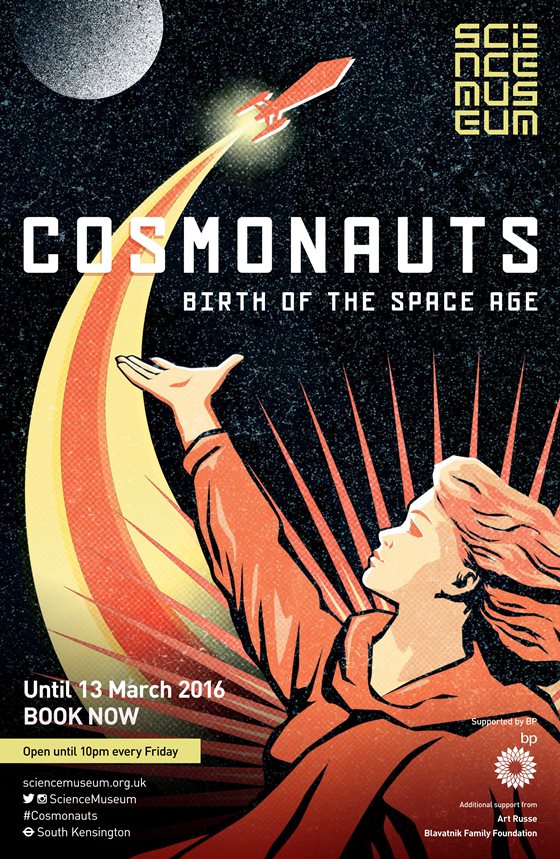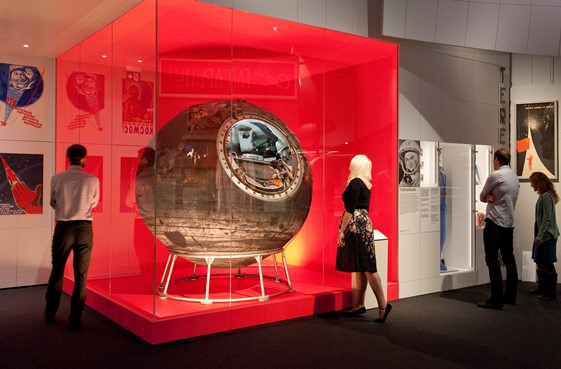A senior De Montfort University Leicester (DMU) figure has been awarded one of Russia’s highest honours for his work assembling a milestone celebration of the birth of the Space Age.
Ian Blatchford, Chairman of the DMU Board of Governors, received the Medal of Pushkin from Russian President Vladimir Putin for his staging of the exhibition ‘Cosmonauts: Birth of the Space Age’ at London’s Science Museum, where he is the Director. The exhibition was widely praised by critics, with the New Scientist describing it as "outstanding" and the Telegraph proclaiming it "colossal".
Mr Blatchford, who in January was included in Debrett’s list of the 500 most influential people in Britain, was presented with the award at a ceremony held at the Kremlin, in Moscow.

He becomes one of the few British citizens to have been chosen to receive the medal, which is awarded for achievements in the arts and culture, education, humanities and literature, named in honour of Russian author and poet Alexander Sergeyevich Pushkin.
Five years in the making, Cosmonauts brings together the most significant collection of Russian spacecraft and artefacts ever to be shown in the UK. Amongst the star objects on display in the exhibition are real cosmonaut-flown spacecraft, including Vostok-6, the capsule that carried Valentina Tereshkova, the first woman to travel into space, safely back to earth in 1963.
From the work of late 19th century Cosmist thinkers who first proposed that humanity's destiny lay in space, to the reality of living in space on board the Russian space station Mir and the International Space Station, the Cosmonauts exhibition gives visitors a unique opportunity to get up close to many of the key innovations that made space exploration possible.

In 1957 the Soviet Union launched Sputnik, the world's first artificial satellite, and four years later sent the first human into space – Yuri Gagarin. However, the story of space exploration is much older. Cosmonauts explores the science and technology of Russian space travel in its cultural and spiritual context, revealing a deep-rooted national yearning for space that was shaped by the turbulent early decades of the 20th century.
Cosmonauts Birth of the Space Age is open at the Science Museum until 6 March 2016. For further information and tickets visit www.sciencemuseum.org.uk/cosmonauts
Posted on Tuesday 15 December 2015